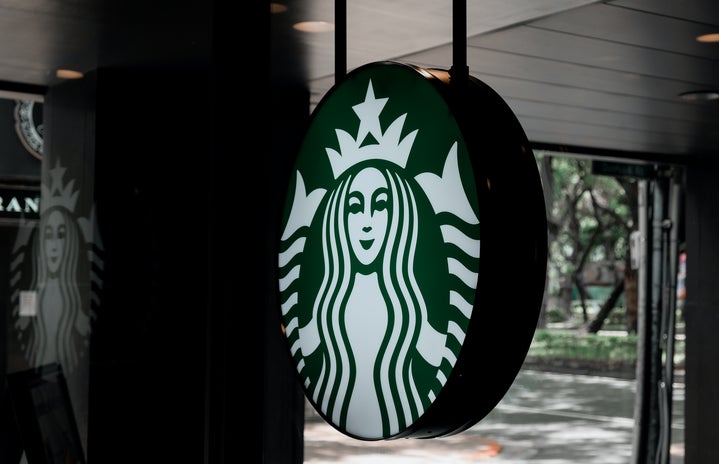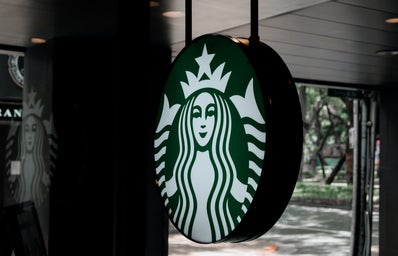In the past month, the world’s eyes have turned to the rapid escalation of a conflict and occupation that has been happening for over 70 years. After Hamas, a militant group in the Gaza Strip, violently killed over 1,400 Israelis and took over 200 hostages, the Israeli government retaliated with extreme violence on the people of Gaza. Over 9,200 Gazans have died since the Oct. 7 attacks, at least 3,800 of them being children.
Israel has imposed a “total siege” on Gaza: bombing hospitals and refugee camps, using white phosphorus bombs on civilians, and cutting off their supply of food, water, and fuel. Palestinians living in Gaza, such as @wizard_bisan1, @motaz_azaiza, and @byplestia, have been sharing with the world via Instagram the horrific conditions and destruction civilians are enduring in Gaza. Despite recent calls to pause military operations in Gaza by U.S. Secretary of State Anthony Blinken, Israeli Prime Minister Benjamin Netanyahu affirmed on Nov. 5, “There will be no ceasefire until the return of the hostages.”
Millions of people across the world are protesting for the international community to act against what a UN High Commissioner for Human Rights is calling “a textbook case of genocide” of Palestinians. Despite such calls for action, the United States exercised its veto power in the UN Security Council as the sole country to block a resolution calling for a “humanitarian pause” in Gaza. In addition, the U.S. government recently announced it will be sending $14.3 billion to Israel, in addition to the $3.8 billion it already sends Israel annually.
Americans are continuing to protest for the U.S. government, as one of Israel’s strongest allies, to demand a ceasefire and stop funding Israel. On Nov. 4 in Washington, D.C., thousands of people gathered from around the country in one of the largest pro-Palestinian protests in American history. A spokesman for the Council on American-Islamic Relations told USA TODAY, “The main goal of everyone right now is a cease-fire. You can’t do anything without a cease-fire — you can’t do humanitarian aid, you can’t treat the wounded, you can’t even remove bodies until there’s a ceasefire.”
As more and more people die in Gaza daily while the U.S. and other countries fail to act, another way people are advocating for Palestinians is through their dollar. Social media users are targeting Starbucks, McDonald’s, and Disney as companies to boycott for their support of Israel amidst the genocide of Palestinians in Gaza.
Starbucks sued its union, Starbucks Workers United (SWU), for a social media post on X reading “Solidarity with Palestine” two days after Hamas’ attacks on Israelis. The post was only up for around 40 minutes. SWU has since clarified its position and said they “endorse the comprehensive statement of support from Jewish Voice for Peace.” Still, Starbucks and SWU are entangled in a legal battle over this social media post, leading many people to boycott Starbucks, not going to their stores, buying their products, and closing their rewards accounts in support of Palestine.
This is not at all the first time that activists for Palestinians’ rights have used boycotting as a strategy. In fact, there is a whole movement called Boycott, Divestment, and Sanctions (BDS) that was called for by a collection of Palestinian civil society groups in 2005. One of the key tenets of the BDS movement is targeted boycotts of companies that are “complicit in violations of Palestinian rights” and “play a clear and direct role in Israel’s crimes.” Such companies include Puma, SodaStream, Sabra Hummus, and computer company Hewlett Packard (HP) for its contributions to the biometric ID system which Israel uses to restrict Palestinians’ movement.
The BDS movement takes inspiration from the anti-apartheid boycotts of South Africa. It doesn’t advocate for a particular political solution regarding the states of Israel and Palestine, but instead “urges nonviolent pressure on Israel until it complies with international law by meeting three demands:
1. Ending its occupation and colonization of all Arab lands and dismantling the Wall.
2. Recognizing the fundamental rights of the Arab-Palestinian citizens of Israel to full equality.
3. Respecting protecting and promoting the rights of Palestinian refugees to return to their homes and properties as stipulated in UN Resolution 194.”
Human rights attorney and supporter of BDS Noura Erakat has admitted, “It’s not that BDS is integral. What do we have besides it?” and that “every other form of Palestinian resistance has been criminalized and made unavailable.” However, BDS has had enough of an effect for supporters of the state of Israel, including the AIPAC, the U.S.’s pro-Israel lobby, to invest considerable resources into creating anti-BDS legislation.
In 2017, Palestinian-American Bahia Amawi lost her job as a speech pathologist at a public school in Texas for refusing to sign a document requiring her to “not boycott Israel during the term of the contract.” Amawi described that she is not an active member of BDS but that “if I’m aware of a product that supports Israel or is made in the country, then I just make a personal choice to avoid it because I don’t want to support their ongoing occupation, aggression, and sub-human treatment of the Palestinians.”
Amawi filed a lawsuit against her school district and won, resulting in the federal court blocking Texas’s anti-BDS law. The American Civil Liberties Union got involved, stating, “The ACLU takes no position on boycotts of Israel or of any other foreign country, but it has long defended the right to boycott, which is protected under the First Amendment.”
Commentators on the issue note the origins of the right to boycott in the United States: when white merchants sued civil rights petitioners for boycotting their businesses on demands of racial justice. In NAACP v. Claiborne Hardware (1982), the Supreme Court ruled nonviolent boycotts were protected under the First Amendment. Still, anti-BDS laws exist in many states, including Florida. Seeing such extreme atrocities being committed against Palestinians in grave numbers daily, I think we should all think twice before buying that Iced Sugar Cookie Almond Milk Latte from Starbucks.
Want to see more HCFSU? Be sure to like us on Facebook and follow us on Instagram, Twitter, TikTok, and Pinterest!


